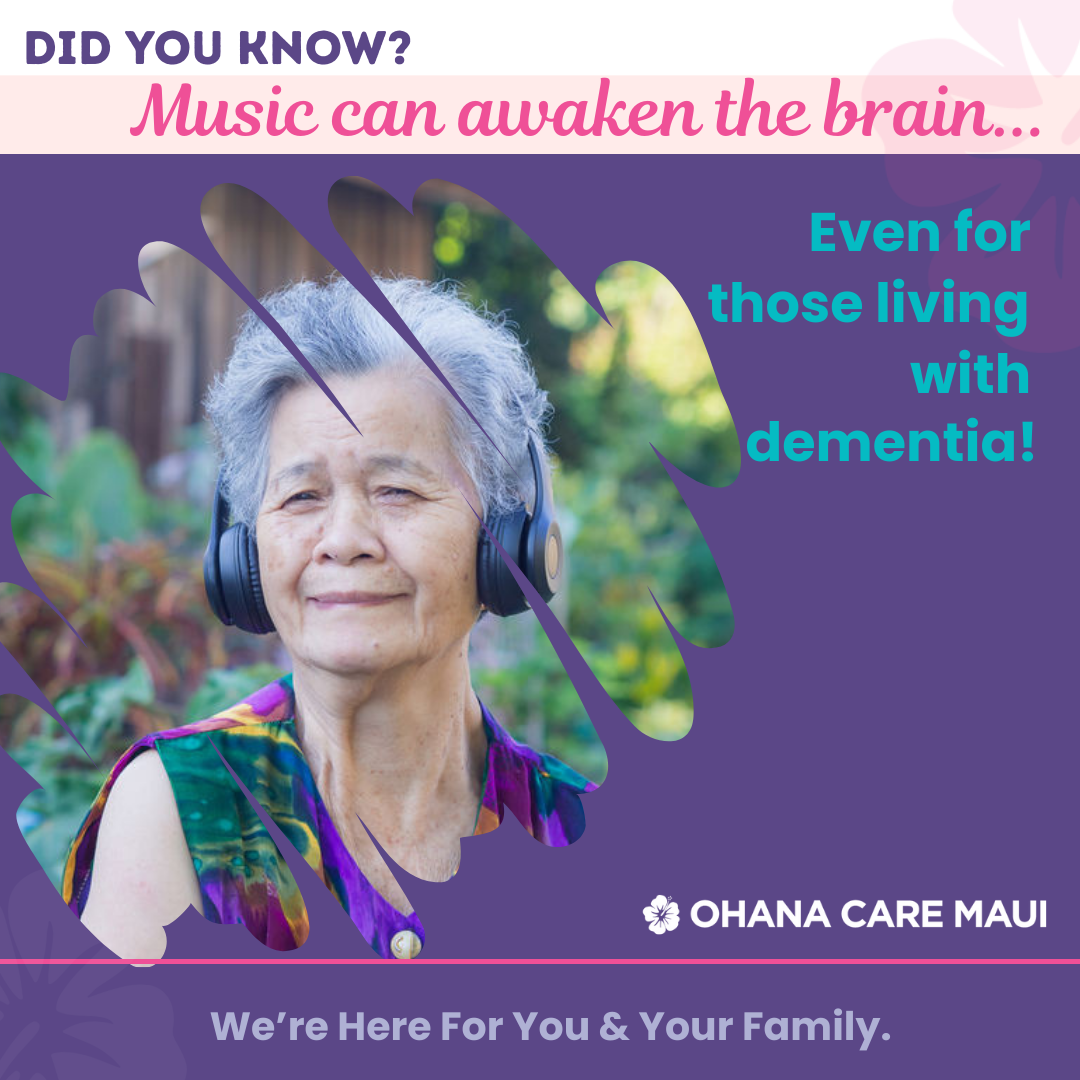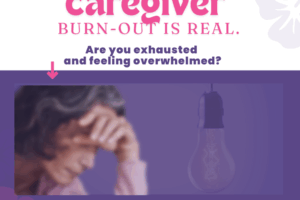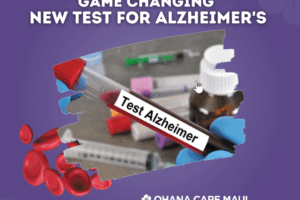Did You Know? Music Can Awaken the Brain… Especially for those living with Dementia!

Music can awaken the brain. especially for those with dementia
… Music Therapy can reduce acute distress, support emotional regulation and engage residual memory networks, even in advanced dementia, by meeting unmet psychosocial needs and improving connections with caregivers.
Let’s Take A Closer Look! ↓
Music can awaken the Brain… Especially for those with Dementia
♦ Have you ever seen someone with dementia suddenly light up when they hear an old favorite song?!
-
- It’s amazing to see the immediate change – You can see it in their face, their eyes and demeanor.
- Music is way more than just background noise. Music is one of the few things that still reaches the brain even when our memory fades.
- Studies and real-life experiences show music can spark memories, calm anxiety, and even bring back a sense of identity for people living with dementia.
♦ Why Music Works
Music connects to parts of the brain that remain active long after other functions have declined.
Even when dementia affects speech or short-term memory, the brain can still recognize familiar melodies, rhythms, and lyrics… especially the ones tied to personal history.
Research shows there are many benefits of music:
-
- Reduces anxiety, agitation, and depression
- Improves mood and communication
- Helps with daily routines like eating, waking or relaxing
- Can help people recall moments from their past
“The past, which is not recoverable in any other way, is embedded as if in amber, in the music.” – Dr Oliver Sacks, Neurologist
♦ Yes! You Can Use Music at Home
Start using music with your loved one today!
> Consider These 4 Options:
1- Make A Personal Playlist
Choose their old favorites – songs from younger years, a wedding, or their cultural background.
Use lullabies they sang to their kids can be a powerful connection for them. Use services like Spotify, Apple Music or YouTube.
2- Play Music Daily- during regular routines
Mix up the tempo! Try soft music in the morning and joyful familiar tunes while preparing a meal. It can make many transitions easier and more calming.
3- Sing Along or Move To The Beat
Clap hands, tap your toes, sing together or use a simple instrument. It helps brighten their mood, connection and their cognitive ability, even when words are limited.
4- Be Sure To Watch Their Reactions
If they smile, hum or brighten up, you know you’ve found a winner of a song!
And if a certain song brings distress or sadness, then just change it.
Music can awaken the brain. especially for those with dementia
♦ Want to Learn More?
Here are three (3) trusted sources with more info, tips, and examples:
-
- Music & Memory® Program
Music & Memory – Learn how to create personalized playlists and see touching real-life stories.
-
- UCLA Health – Music & Dementia
UCLA Health – Music & Dementia – Research on how music helps reduce depression and support emotional well-being.
-
- Alzheimer’s Association – Art & Music Activities
ALZ Assoc. Art & Music Activities – Tips for safely using music and other creative outlets at home.
♦ Final Thoughts
-
- Music can definitely be a lifeline!
-
- Even when memory fades, a beloved song can bring back a smile, a spark or even a moment of peace.
-
- Try building a playlist today for your loved one and see what memories may come alive for them!
** The information in this Blog is for educational purposes and
cannot replace a recommendation from your healthcare professional.*
B
![]()
For more information on Senior Health — Check out the following articles:
What We Need to Know About Memory as We Age
OR
Feelin Overwhelmed at the Primary Caregiver for a Loved One?
Ohana Care Maui  Exceptional Care You Can Count On.
Exceptional Care You Can Count On.
Call Today for Customized, Free In-Home Care Consultation
From respite care to bedbound care and everything in between — including Dementia & Alzheimer’s.
24/7, Island-wide Services / Hawaii Licensed Home Care Agency
808-344-1285
OhanaCareMaui.com







